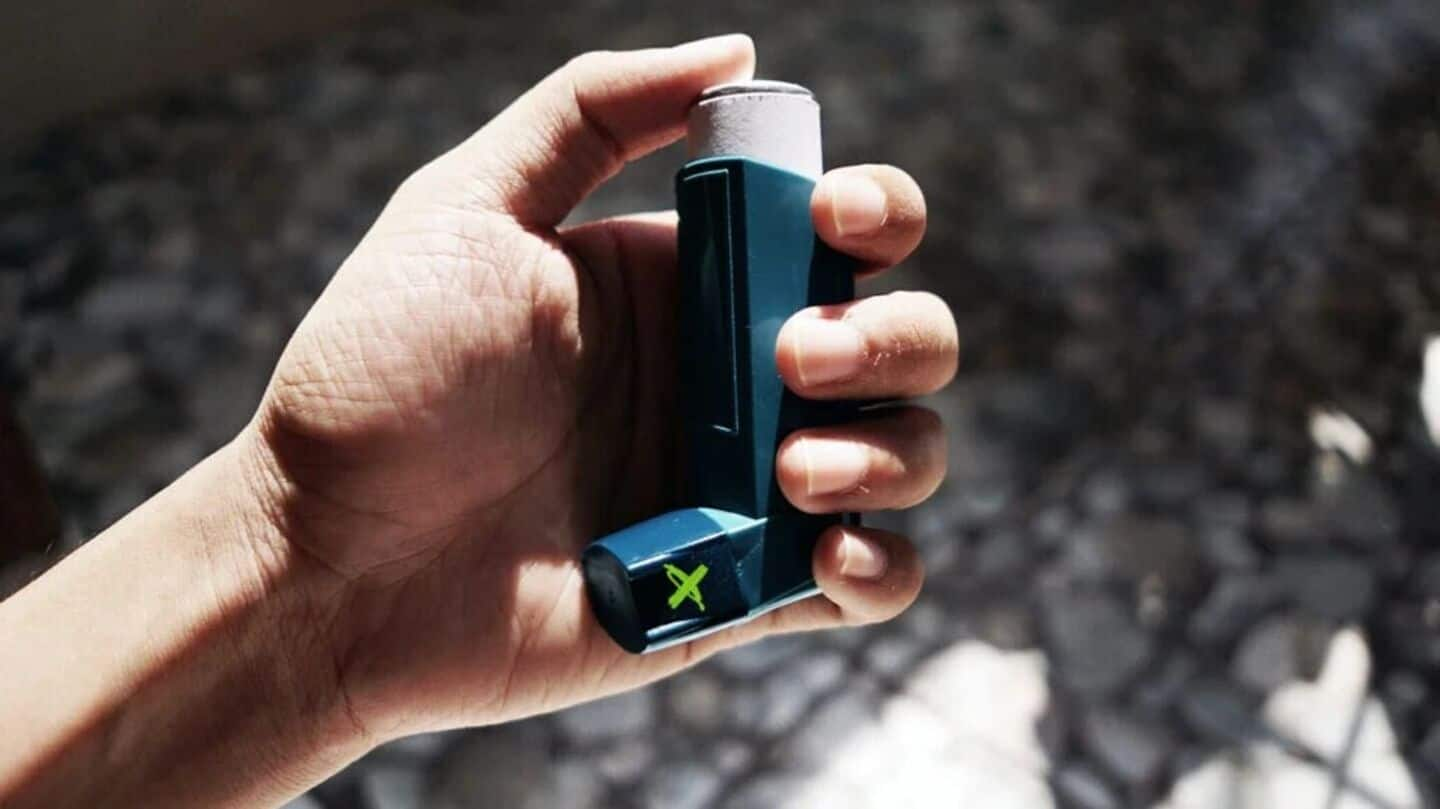
Your asthma inhaler might not be good for the environment
What's the story
A new study has revealed that inhalers used to treat asthma and chronic obstructive pulmonary disease (COPD) contribute significantly to greenhouse gas emissions. The research, conducted by scientists from the University of California and Harvard University, found that these devices produce annual emissions equivalent to those of over half a million petrol-powered cars in the US alone. The findings were published in the Journal of the American Medical Association.
Emission sources
Metered-dose inhalers most damaging
The study examined global warming pollution from three types of inhalers between 2014 and 2024. It found that metered-dose inhalers, which use hydrofluoroalkane (HFA) propellants to deliver medication, were the most damaging. These devices accounted for a whopping 98% of emissions over the decade. In total, US patients with commercial insurance and government programs Medicaid and Medicare produced an estimated 24.9 million metric tons of carbon dioxide equivalent during this period.
Eco-friendly options
Alternatives are available but not widely used
Unlike metered-dose inhalers, dry powder and soft mist inhalers don't use propellants. The former uses a patient's breath to release medicine while the latter turns liquid into a fine spray. These alternatives are much less harmful to the environment. However, lead author William Feldman from UCLA stressed that only a small fraction of patients actually need metered-dose inhalers for their treatment.
Accessibility issues
Insurance and market barriers slow adoption of alternatives
Feldman noted that most patients could use dry powder or soft mist inhalers, but insurance and market barriers have slowed their adoption in the US. A dry-powder version of albuterol, the most commonly used inhaler drug, is available but isn't usually covered by insurance. Another drug, budesonide-formoterol, is widely sold in dry-powder form in Europe but isn't available in America.
Advocacy
Policy and pricing reform needed
Feldman emphasized that this research isn't about blaming patients but rather calling for policy reform. A related commentary in JAMA by Alexander Rabin from University of Michigan echoed this sentiment, stressing that insurers and policymakers must ensure lower-emission inhalers are affordable and accessible to all.